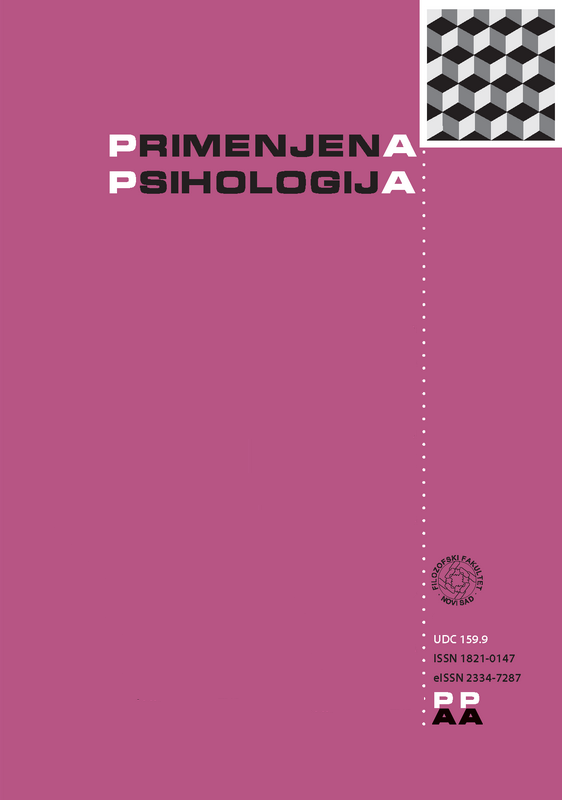SOCIAL STATUS AND VIOLENT BEHAVIOR OF ELEMENTARY SCHOOL STUDENTS – THE EFFECTS ON ACADEMIC PERFORMANCE
DOI:
https://doi.org/10.19090/pp.2015.2.147-165Keywords:
academic performance, social status, sociometric acceptance, perceived popularity, violent behaviorAbstract
Factors associated with academic achievement represent an important research topic particularly in the society whose educational system is evidently in a deep crisis. Social status and violent behavior manifested by students are especially prominent among these factors, as they contribute to the understanding of specific behaviors and the dynamics of relationships in a microenvironment such as school class. This research aims to contribute to the understanding of the relations between the three variables of great importance in school context: academic performance, social status of students, and violent behavior.
A questionnaire for assessing sociometric and perceived popularity, as well as a tendency toward violent behavior – physical, verbal, and relational – was administered to a sample of 174 eighth-grade students from four elementary schools (52% girls, 52% of students from a big city). Academic performance was operationalized through a GPA at the end of the seventh grade. Data analysis was based on a hierarchical regression analysis, with academic performance as a criterion variable.
The results showed that the predictor variables explained about 27% of academic performance variance, with the strongest effects of sociometric acceptance (β = .12, p < .05), sociometric rejection (β = -.22, p < .01), perceived unpopularity (β = -.15, p < .05 ), and physical violence (β = -.30, p < .01). The findings of this study can have implications for the school practice improvement.







